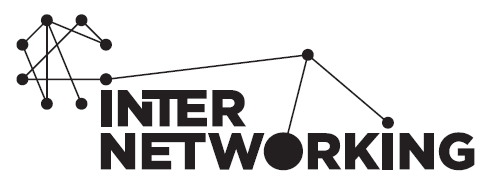Maker Education, an aggregating approach
DOI:
https://doi.org/10.34630/sensos-e.v11i1.5173Keywords:
Maker Education, Soft skills, Competencies, Education, Active learningAbstract
The emergence of the internet facilitated the sharing of ideas, promoted technological development and diversified the ability to communicate, consequently changing how we relate. The specific case of the Maker Movement allowed FOR the creation of a community that every day grows, reinvents itself and gains new features. From DIY and Bricolage to a community of Makers who create and make, applying recent technologies, and who share their knowledge. This movement can impact education in its growth process and contribute toward the goals of implementing more global and interconnected education and development of the personal skills so sought after in the employers of the future. This work seeks to explore and know the impacts of Maker Education on the development of eight specific soft skills, in the perception of 31 young people at the end of a workshop in which this working methodology was adopted. Various techniques were applied to analyze the eight skills under study (collaboration, autonomy, creativity, empathy, resilience, curiosity, decision-making power and self-confidence). Among several conclusions, it is possible to highlight the students' positive perception of the development of all these skills and the existence of positive correlations between some soft skills.
Downloads
Published
How to Cite
Issue
Section
License
Copyright (c) 2024 Cláudia Maia-Lima, Alexandra Baltazar, Miguel F. Santos

This work is licensed under a Creative Commons Attribution-NonCommercial-ShareAlike 4.0 International License.



